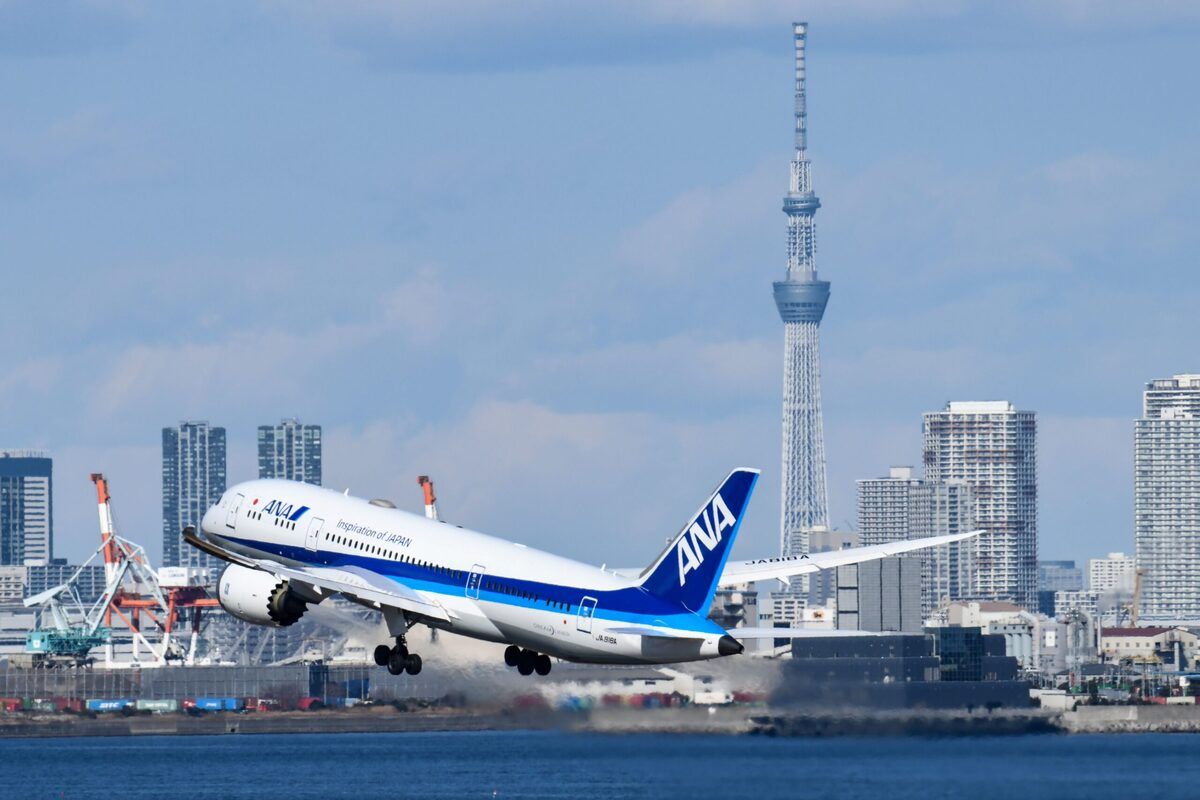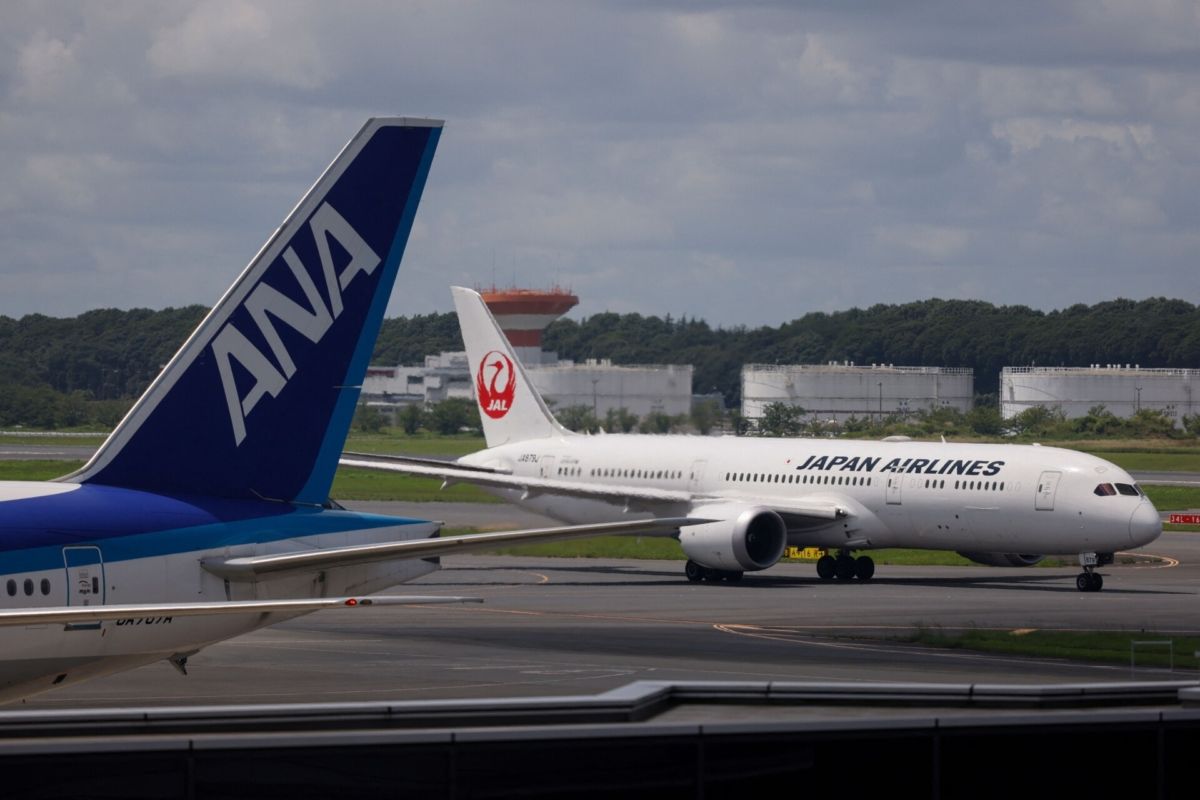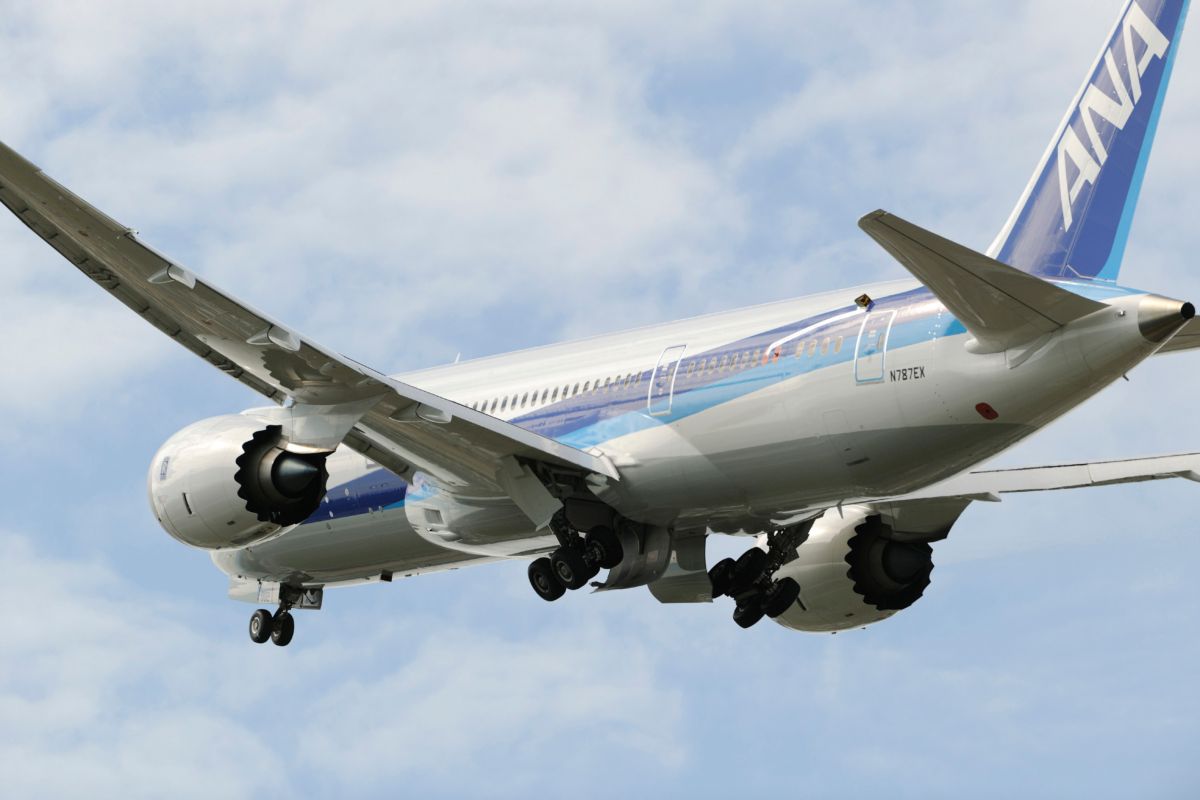Japan's All Nippon Airways (ANA) has asked the government of Prime Minister Fumio Kishida to ease travel restrictions on overseas visitors who want to travel to Japan. ANA is also seeking a revival of domestic travel subsidies to help the travel industry as the number of people in Japan infected with COVID-19 continues to decline.
Because of immigration curbs on foreigners looking to relocate to Japan, ANA says that bookings on international flights are way down. Nikkei Asia estimates that more than 370,000 foreigners cannot enter Japan despite being cleared for residence permits. The reason, they say, is due to border controls in place to help stop the spread of the coronavirus. Meanwhile, ANA points out that the daily COVID-19 infection rate this month has dropped to less than 200 from a high of more than 20,000 in August.
Stay informed: Sign up for our daily and weekly aviation news digests.
ANA wants to be able to make money
When speaking about the current situation with newswire service Reuters, chief executive of All Nippon Airways Shinya Katanozaka claimed that because of COVID-19 and the restrictions, ANA has suffered seven consecutive quarters of losses, saying:
"When we are able to make money, we should be allowed to, as it will give us the strength to weather things in the future."
When the number of COVID-19 infections in Japan began to rise last December, The Japanese government halted subsidies designed to help the travel industry. Hotels were given aid, while ANA and rival Japan Airlines received money to help boost passenger numbers on domestic flights. Katanozaka said that if the government was serious about helping, it could resume the subsides as early as next month and ease entry limits for overseas visitors.
The rules have been relaxed for business travel
After Japanese businesses complained about the restrictions, in a partial move, the government relaxed the rules for fully vaccinated business travelers but excluded tourists. Eligible travelers include those with short-term business visas of less than three months and long-term visitors such as students who are coming to Japan to take up technical internship programs. Travel to Japan for tourism and most other short-term purposes is still not permitted, and there is no indication that this will change anytime soon.
The Japanese government appears to be cautiously approaching the reopening of borders, and is reluctant to restore social and economic activity to the way things were pre-COVID-19. One plan they are considering is to experiment with package tours by the end of the year after deciding how to monitor and control the visitor activities.
Japan is increasing hospital capacity for COVID-19 patients
Despite seeing the number of people infected with COVID-19 continuing to decline, Japan wants to increase the capacity in hospitals for COVID-19 patients. Fearing another outbreak during the winter, Japan wants to enable its hospitals to accommodate 35,000 COVID-19 patients by the end of November. This is a 30% increase in the number of available beds during the virus resurgence last summer. Japan is also looking to provide vaccines for children under 12 and free COVID-19 tests in the event of another wave.
The Japanese government is also closely following the development of the US pharmaceutical company Merck & Co's orally administered COVID-19 treatment drug. It believes it could be a game-changer in defeating the virus and has already ordered 1.6 million doses.
Despite ANA's pleas for the government to ease travel restrictions, it would appear that the Japanese government is taking a very cautious approach even though 74.8% of the population is fully vaccinated.
What do you think about ANA's request to ease travel restrictions? Please tell us what you think in the comments.



